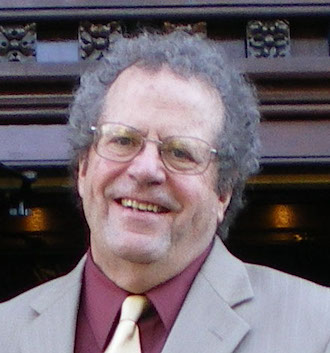David A. Kenny
David A. Kenny, Ph.D., is Emeritus Board of Trustees and Distinguished University and Alumni Emeritus Professor of Psychology at the University of Connecticut.
Kenny received his A.B. from the University of California at Davis, where he studied with Robert Sommer, in 1968 and his Ph.D. in social psychology from Northwestern University, where he studied with Donald T. Campbell, in 1972. He was assistant and associate professor at Harvard University from 1972 to 1978. He has been at the University of Connecticut since 1978. He has also served as a fellow at the Center for Advanced Study in the Behavioral Sciences and was a visiting professor at Arizona State, Oxford, and Canterbury University.
His methodological work has focused on causal inference with non-experimental data using structural equation modeling, and on the analysis of data from groups and dyads. His social psychological work focuses on two-person relationships, which has led to advances in the understanding of agreement and accuracy in the perception of people. He is the author of seven books and over 200 papers and chapters. According to Google Scholar, his work has been cited over 197,000 times. One of his papers is listed by Nature as the 33rd most cited paper in all of science, and the second most cited paper in psychology and psychiatry.
He has been awarded lifetime achievement awards from the Society of Multivariate Experimental Psychology, the International Association of Relationship Researchers, the Society of Experimental Social Psychology, and the American Psychological Association. He was elected as a fellow of the American Academy of Arts and Sciences.
His webpage, davidakenny.net, is used as a resource by many. He has written ten apps for dyadic analyses that not only conduct statistical analyses, but also provide detailed text descriptions of the results (see http://davidakenny.net/DyadR/DyadRweb.htm).

